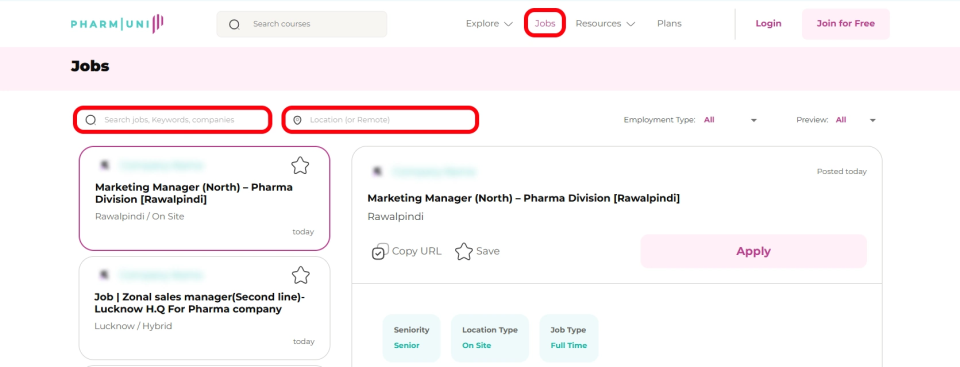The world of pharmaceutical research and development is expanding rapidly. In 2025, the global life sciences workforce in the U.S. alone hit a record 2.1 million jobs in March. Meanwhile, the pharmaceutical industry expects steady growth in the coming years, creating more opportunities for roles in R&D. If you’re aiming for pharma jobs, you stand at an exciting crossroads.
Across biotech, pharma and research firms, the need for talent in research, development and innovation is strong. In this article, you will gain clarity on what R&D pharmaceutical jobs involve, the main roles you can pursue, how to spot opportunities via the Pharmuni jobs section, and how to qualify and compete successfully.
What Are R&D Pharmaceutical Jobs
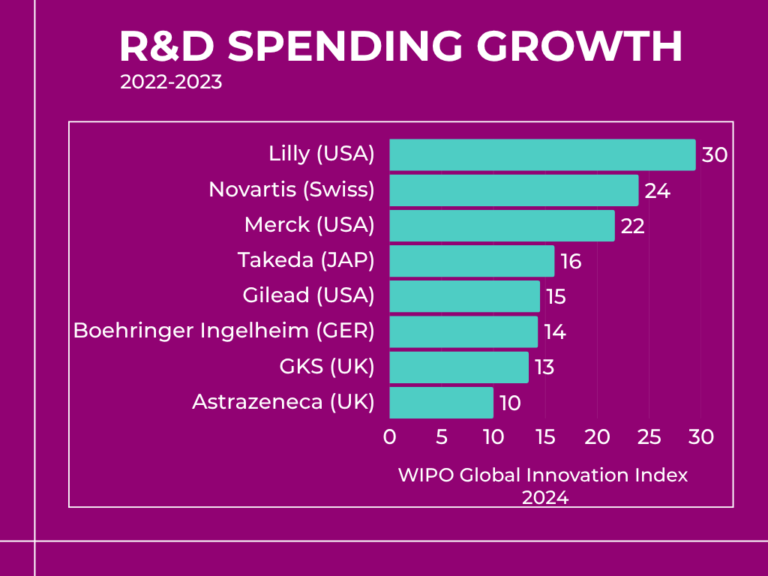
When we speak of R&D pharmaceutical jobs (also written as r & d pharmaceutical jobs, r and d jobs in pharma, research and development jobs in pharmaceutical companies, or r&d biotech jobs) we refer to roles that focus on the discovery, testing, formulation and development of new medicines, treatments or therapies. They sit at the core of the pharma innovation engine.
Here’s why these roles matter:
- Firms allocate billions of dollars to R&D each year in order to bring new active substances and therapies to market.
- The complexity of drug development is high: longer timelines, increased regulatory scrutiny and digital transformation mean that specialised R&D talent is in demand.
- When the industry grows, R&D grows with it: more clinical trials, more biotech start-ups, more translational research. That means more job openings for you.
In short: If you choose to chase R&D pharma jobs, you position yourself in the heart of innovation and growth.
Main Roles in Pharmaceutical R&D

- Research Scientist: You design experiments, generate data, analyze results, and contribute to drug discovery. You might work in early-stage target identification or later-stage lead optimization. You need strong technical skills, and you often collaborate with cross-functional teams.
Clinical Researcher: You oversee or contribute to designing, executing, and analyzing clinical trials. You ensure safety, efficacy, regulatory compliance, and work closely with clinicians, monitoring teams, and regulatory affairs.
Formulation Chemist: You specialize in how the drug is delivered: tablets, capsules, injectables, biologics, etc. You optimize formulations, stability, bioavailability and manufacturing readiness.
Biostatistician / Data Scientist in R&D: You handle data from experiments or trials, apply statistical methods, interpret findings, and support decision-making. With digital tools, AI and large data sets increasingly feature R&D.
Translational Scientist / Project Leader: You connect to the discovery lab and clinical applications. You bridge disciplines: biology, chemistry, regulatory, clinical. You often lead cross-functional teams.
Each of these roles qualifies as an R&D pharma job (or closely related). The variation means you can play to your strengths: lab bench, data analytics, regulatory, or project management.
How to Find R&D Opportunities on Pharmuni
If you’re looking for R&D pharma jobs, one smart way is to explore the jobs section on Pharmuni. Here’s how you can do it step-by-step:
- Visit the Pharmuni website and go to the “Jobs” section (often labeled “Pharma Jobs” or “R&D Careers”).
- Use filters: enter keywords like “R&D pharma”, “research & development biotech”, “pharmaceutical R&D”.
- Set location, experience level, job type (e.g., full-time, contract).
- Review job titles carefully — many roles will say “R&D Scientist”, “Clinical R&D”, “Translational R&D”, and so forth.
- Read job descriptions to ensure they match your skills and career goals: check required degrees, experience, skills, and salary expectations.
- Apply with a tailored CV and cover letter that emphasizes your relevant research, development, biotech or life-science experience.
- Follow up and network: join Pharmuni’s community or forums, attend webinars, engage with recruiters.
By using Pharmuni smartly you increase your chances of landing the right R&D pharma job. Remember: job titles vary, so keep an open mind, use keywords, and set alerts.
Find R&D Jobs That Fit You
How to Qualify for R&D Pharmaceutical Careers
Landing a role in research and development in pharma takes more than a generic application. You will need specific degrees, skills, and experiences to succeed.
Degrees & Credentials
- BSc in Life Sciences, Chemistry, or Biotech (minimum)
- MSc/PhD boosts discovery or leadership roles
- Add-on certs: GMP, GCP, Regulatory Science
- Portfolio: thesis, publications, posters
Technical Skills & Experience
- Wet-lab: assays, analytical methods, instrumentation
- Formulation & development; stability, scale-up basics
- Data: statistics, Python/R, bioinformatics/AI
- Documentation: SOPs, compliance mindset
Experience & Achievements
- Internships or co-ops in pharma/biotech labs
- Contributions to studies, trials, or patents
- Cross-functional work with Clinical/RA/QA/CMC
- Results you can quantify (KPIs, yields, timelines)
Soft Skills That Set You Apart in R&D Interviews
Beyond technical prowess, you must bring strong soft skills. Here are key ones:
Communication: You must explain complex science in simple terms. You’ll present data, write reports, and collaborate effectively.
Creativity: Research requires creative problem-solving. You’ll explore new hypotheses, think outside conventional paths.
Attention to detail: In development and research, you cannot overlook errors or inconsistencies. Precision matters.
Teamwork: R&D seldom happens in isolation. You’ll work with colleagues from multiple disciplines.
Adaptability: Pharma R&D changes rapidly. You’ll face evolving technologies, regulatory shifts and market demands.
Time-management: You’ll juggle multiple experiments, deadlines, protocols, so you must manage time effectively.
Curiosity & learning mindset: The best R&D professionals stay curious, stay updated, and embrace lifelong learning.
By combining solid technical credentials with these soft-skills, you position yourself strongly for research and development jobs in pharmaceutical companies.
Final Words
If you aim for R&D pharma jobs in 2025, you are targeting an exciting, growth-oriented field. You have seen what these roles involve, from research scientist to formulation of chemist and translational lead.
R&D demand stays resilient into 2025. Large-pharma R&D spending continued to increase, and overall biopharma funding rose for a second consecutive year, according to IQVIA’s 2025 report. n the output side, the FDA approved 50 novel drugs in 2024—with 56% priority reviews and 36% breakthrough therapies—signaling a healthy innovation pipeline entering 2025
Take action: update your CV, highlight relevant experiences, use filtered keywords like “pharmaceutical R&D jobs” or “r and d jobs in pharma”, and set alerts for new openings. Build connections, tailor your applications, and prepare for interviews with both technical and behavioural questions.
FAQs
R&D pharma jobs involve discovering, testing, and developing new drugs or therapies. Professionals in these roles conduct experiments, analyse data, and ensure products meet quality and regulatory standards. They form the foundation of pharmaceutical innovation.
To begin your R&D career, earn a degree in life sciences, chemistry, or biotechnology. Then, gain experience through internships or lab projects and build a strong understanding of research design, regulatory compliance, and data analysis.
Most R&D pharmaceutical jobs require at least a bachelor’s degree in science. However, master’s or PhD degrees in fields like pharmacology, biochemistry, or biotechnology improve your chances of advancement. Certifications in GMP, clinical research, or regulatory affairs are also valuable.
Salaries depend on experience, role, and location. On average, entry-level R&D pharma jobs start around €45,000–€60,000 annually in Europe, while senior scientists and managers can earn €90,000–€130,000 or more. In the U.S., mid-career professionals average $100,000 per year.
References:

Stephanie Männicke
Digital Marketing Especialist at Zamann Pharma Support, brings 8 years of experience in Corporate and Digital Communication. Specializing in Digital Marketing and Content Creation, Stephanie is currently focused on creating strategic content for Pharmuni's networks, especially content on topics such as recruitment, onboarding and employer branding. Outside of work, Stephanie is a mum, a crocheter and a movie fan. An avid reader and in search of expanding her knowledge, Stephanie is always looking for ways to innovate communication in the digital environment and connect people in a genuine way.
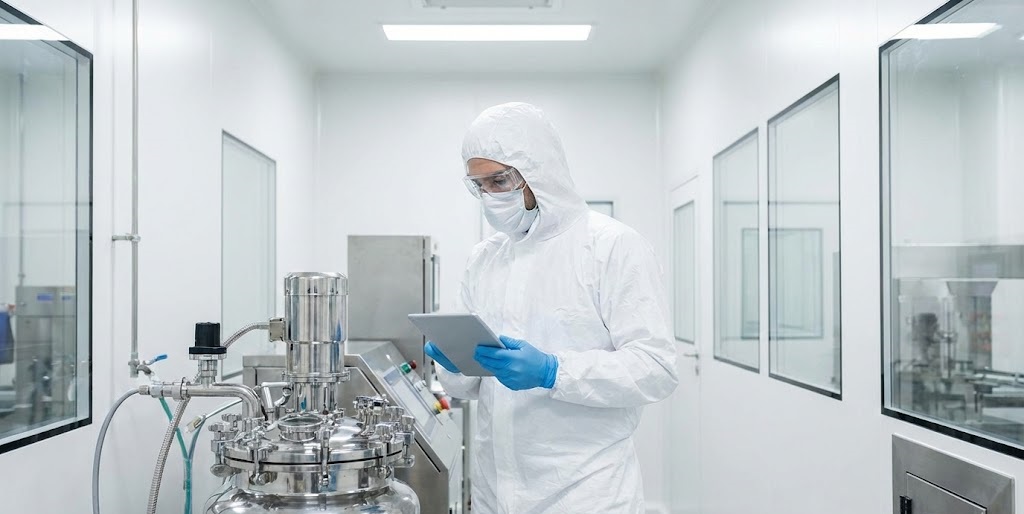
Revalidation In Pharma (2026 guide): Meaning, Triggers, Frequency, And Requalification Differences
Revalidation protects product quality and business continuity by linking GMP decisions to risk, evidence, and context. This article helps teams decide when to act, what
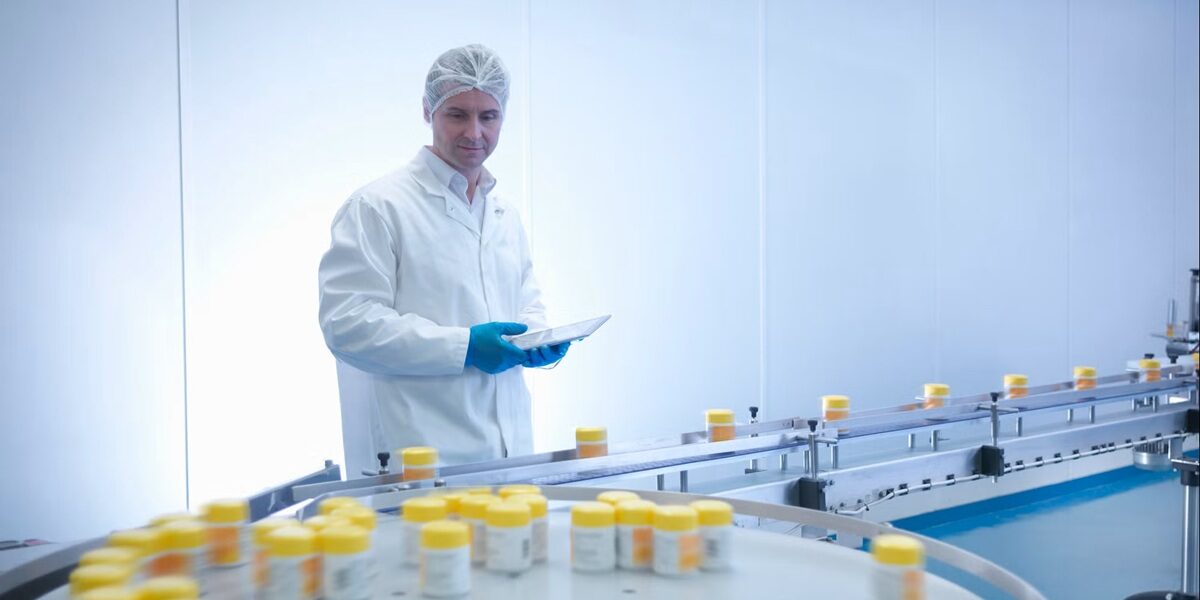
GMP Regulations in 2026: How Inspectors Assess Compliance and Control Systems
This article explains how pharmaceutical regulatory requirements shape inspection decisions, why GMP compliance gaps persist across manufacturing sites, and which operational controls, documentation practices, and
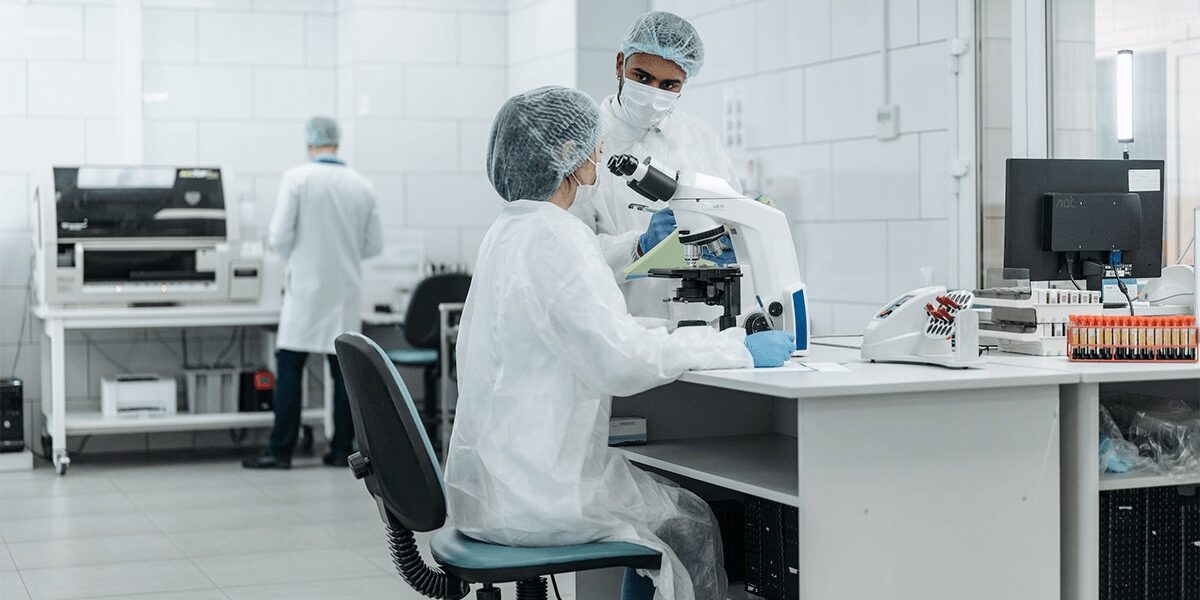
WHO GMP in 2026: Inspection Readiness and Compliance Expectations
This article explains how global pharmaceutical GMP standards are applied during inspections, why operational gaps persist despite formal compliance, and how quality systems, contamination control,



